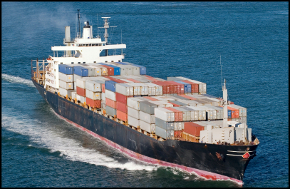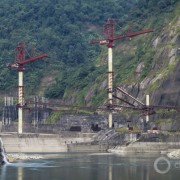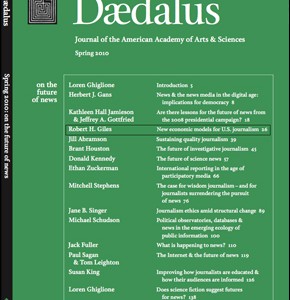UK Reliance on Imported Water Leaves Country Vulnerable, Study
Britain’s large virtual water footprint–their reliance on imported water–could become problematic, and potentially cause many parts of the country to not meet domestic water demand, a study says.
 Much of the imported water that contributes to Britain’s and other UK Countries’ large virtual water footprint comes from water-stressed countries, according to a report released Saturday by the Royal Academy of Engineering. The study shows that this dependency could compromise national security issues in the region.
Much of the imported water that contributes to Britain’s and other UK Countries’ large virtual water footprint comes from water-stressed countries, according to a report released Saturday by the Royal Academy of Engineering. The study shows that this dependency could compromise national security issues in the region.
Only one-third of Britain’s water usage is domestic, while the other two-thirds comes from imported goods such as agriculture and energy.
This reliance could result in a domino effect of problems for the country if a severe water shortage happens.
“If the water crisis becomes critical it will pose a serious threat to the UK’s future development because of the impact it would have on our access to vital resources. Food prices would sky-rocket and economic growth would suffer,” said Peter Guthrie, a professor of engineering for sustainable development at Cambridge University and chairman of the study group told the Guardian.
Guthrie argues that while importing so much virtual water into the country is problematic for issues of self-sustainability, and is also detrimental to the countries exporting the precious resource.
“We should ask whether it is right to import green beans – or even roses – from a water-stressed region like Kenya, for example. The burgeoning demand from developed countries is putting severe pressure on areas that are already short of water. Our virtual water footprint is critical and we need to give it far more attention,” Guthrie said, according to The Royal Academy of Engineering’s press release.
Last month, Britain’s chief scientific advisor, John Beddington, made similar predictions about the increasing need for food, energy and water. Beddington said that by 2030 the world will consume 30 percent more freshwater than current levels.
“If we don’t address this, we can expect major destabilization, an increase in rioting and potentially significant problems with international migration, as people move out to avoid food and water shortages,” he said.
However, there is no single way to secure freshwater reserves for the future because it’s a complex issue that crosses geographical boundaries and crosses other crucial areas, such as energy and food supplies, he added.
“To avoid the perfect storm requires a global response, with global policies and governance—backed up by forward-thinking action at a national level to meet individual countries’ requirements.”
Sources: The Royal Academy of Engineering, Guardian.











Leave a Reply
Want to join the discussion?Feel free to contribute!